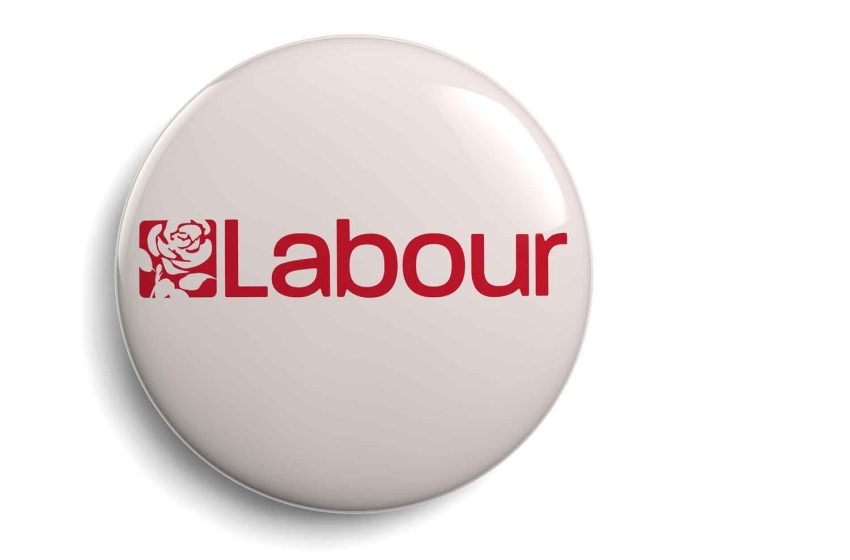The U.S. Food and Drug Administration has issued “Import Alert 98-06” that states the regulatory agency will detain new tobacco products such as e-cigarettes without marketing authorization at the border.
The companies impacted would include all importers, manufacturers and transporters of vaping product brands such as ELFBAR, EBDESIGN, Eonsmoke, Esco Bar and Stik that are on the agency’s “Red List.”
The alert covers China, South Korea and the United States.
“Divisions may detain, without physical examination, the tobacco products identified on the Red List of this Import Alert. If the division is not sure whether a tobacco product is the same product as one identified on the Red List, the division should consult with the Center for Tobacco Products (CTP)” the alert states. “CTP concurrence is required to add a product to the Red List.”
In order to remove a firm’s product from the Red List, companies must provide information to the FDA that adequately demonstrates that the firm has resolved the conditions that gave rise to the appearance of the violation.
“The purpose of this is so that the Agency will have confidence that future shipments/entries will be in compliance with the Federal Food Drug and Cosmetic Act (FD&C Act). For further guidance on removal from detention without physical examination, refer to FDAs Regulatory Procedures Manual (RPM), Chapter 9-8, ‘Detention without Physical Examination (DWPE),’” the alert states.
The FDA states that the import alert is to prevent the sale of potentially illegal goods in America; Releasing agency resources to inspect other goods; provide uniform coverage across the country; shift the blame back to the importer to ensure that products imported into the United States comply with FDA laws and regulations, according to the agency.
In June 2009, the Family Smoking Prevention and Tobacco Control Act gave the FDA the authority to regulate tobacco products, recognizing that it is the primary federal regulator for the manufacture, marketing, and distribution of cigarettes, cigarette tobacco, and smokeless tobacco.
The designation rule, published in the Federal Register on May 10, 2016, and effective August 8, 2016, extends FDA’s authority to designated tobacco products, such as e-cigarettes, cigars, hookahs, and pipe tobacco, as well as their components and parts, but not their accessories.












 The U.K. will embrace a New Zealand-style generational tobacco ban if the Labour Party wins the next elections, reports the
The U.K. will embrace a New Zealand-style generational tobacco ban if the Labour Party wins the next elections, reports the 










